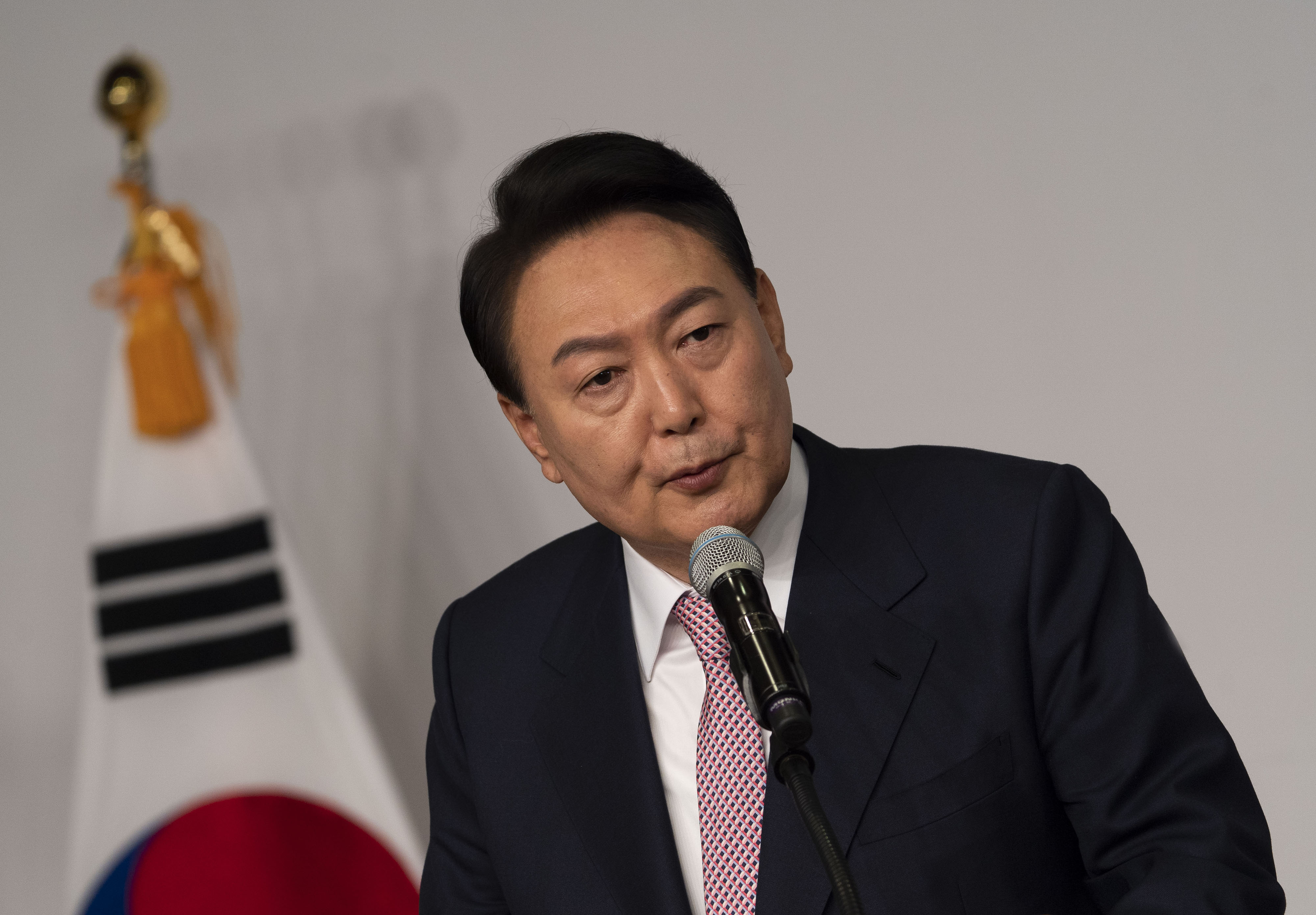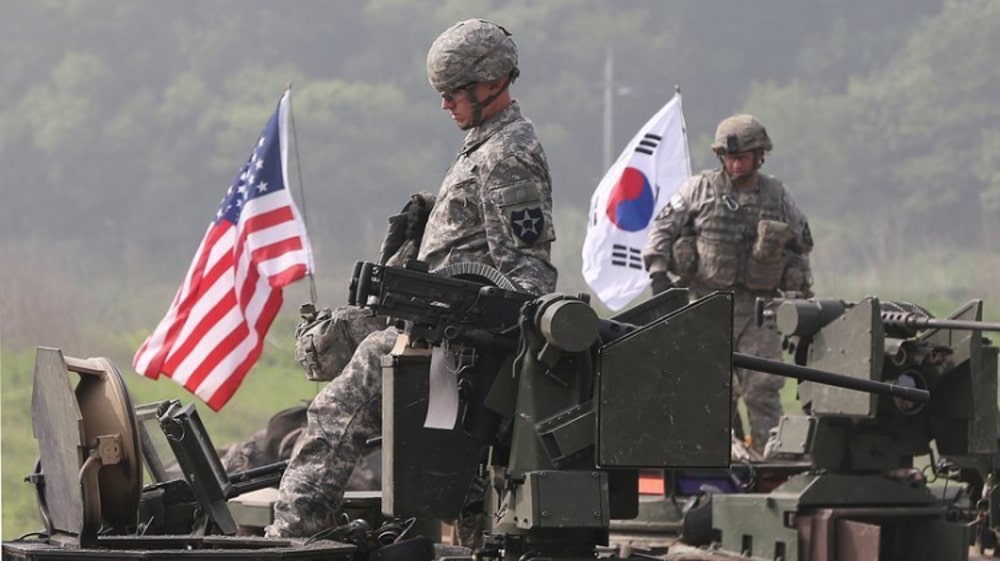In a world increasingly on edge, the annual Ulchi Freedom Shield joint military exercise between the United States and South Korea has begun, drawing global attention. Running from August 18 to 29, 2024, the exercises have been met with sharp criticism from North Korea, which perceives these drills as a direct threat to its sovereignty.
This year’s drills are particularly comprehensive, featuring live field manoeuvres, computer simulation-based command post exercises, and civil defence drills. These exercises are designed to simulate realistic threats, including missile launches, GPS jamming, and cyber-attacks—issues becoming increasingly relevant in a world where the lines between physical and cyber warfare are increasingly blurred.
South Korean President Yoon Suk Yeol’s remarks during a Cabinet meeting underscore the gravity of the situation. Drawing parallels with the ongoing conflict in Ukraine, Yoon emphasised that modern warfare is now a hybrid form that combines regular, irregular, and cyber warfare. He stressed the importance of military preparedness, warning that “war can happen at any time“ (UPI).

From a broader perspective, these exercises highlight the complex and often precarious nature of international relations on the Korean Peninsula. While the U.S. and South Korea insist that these drills are defensive, North Korea’s response—though somewhat muted this year compared to previous years—illustrates the ongoing tension and the potential for escalation. In a region where misunderstandings can quickly spiral out of control, the importance of diplomacy cannot be overstated.
However, it is also crucial to consider whether such military exercises, despite their defensive nature, could inadvertently fuel the very tensions they seek to mitigate. With North Korea’s history of responding aggressively to perceived threats, the risk of miscalculation remains high. As these drills continue, the world watches closely, hoping that they do not become a flashpoint in an already volatile region.

